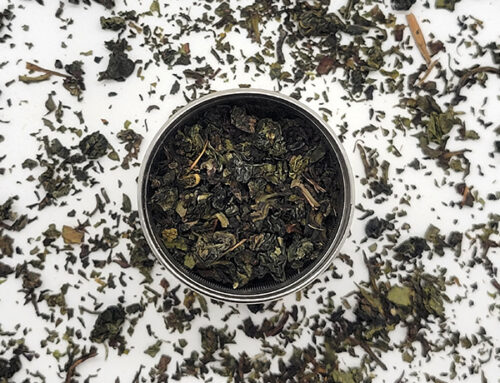Mindfulness teaches us to focus our awareness on our feelings, on the tone of our experience. Mindful self-compassion teaches us to notice and focus on our feelings, but then gives us a practice to shift those feelings.
Cultivating positive emotions—gratitude, kindness, joy, awe, delight—will shift the functioning of the brain from negative to positive. This creates more openness, more collaboration with other people, more optimism. Self-compassion is a very powerful practice to trigger that brain shift. The direct, measurable outcome of self-compassion practice is resilience. So we engage the power of self-compassion not just to feel better, but to function better.
Here are two simple practices from mindful self-compassion that can help your mind to grow toward the light of seeing the glass-half-full.
1. Try a Self-Compassion Break
This is an exercise in shifting our awareness and bringing acceptance to bear on the experience of the moment, in the moment. It helps to practice this self-compassion break when any emotional upset or distress is still reasonably manageable—to create and strengthen the neural circuits that can do this shifting and re-conditioning when things are really tough.
- Any moment you notice a surge of a difficult emotion—boredom, contempt, remorse, shame—pause, put your hand on your heart (this activates the release of oxytocin, the hormone of safety and trust).
- Empathize with your experience—recognize the suffering—and say to yourself, “this is upsetting” or “this is hard!” or “this is scary!” or “this is painful” or “ouch! This hurts” or something similar, to acknowledge and care about yourself as the experiencer of something distressing.
- Repeat these phrases to yourself (or some variation of words that work better for you):
May I be kind to myself in this moment.
May I accept this moment exactly as it is.
May I accept myself exactly as I am in this moment.
May I give myself all the compassion I need.
- Continue repeating the phrases until you can feel the internal shift: The compassion and kindness and care for yourself becoming stronger than the original negative emotion.
- Pause and reflect on your experience. Notice if any possibilities of wise action arise.
2. Explore Self-Compassion as an Ongoing Way of Being
Practice an expanded variation of the traditional mindful self-compassion phrases:
May I be kind to myself in this moment, in any moment, in every moment.
May I accept this moment exactly as it is, any moment, every moment.
May I accept myself exactly as I am in this moment, in any moment, in every moment.
May I give myself all the compassion and courageous action that I need.
This variation, like the traditional self-compassion break, is completely portable and effective anywhere, anytime. And this variation helps deepen the practice of mindful self-compassion into an ongoing way of being.






